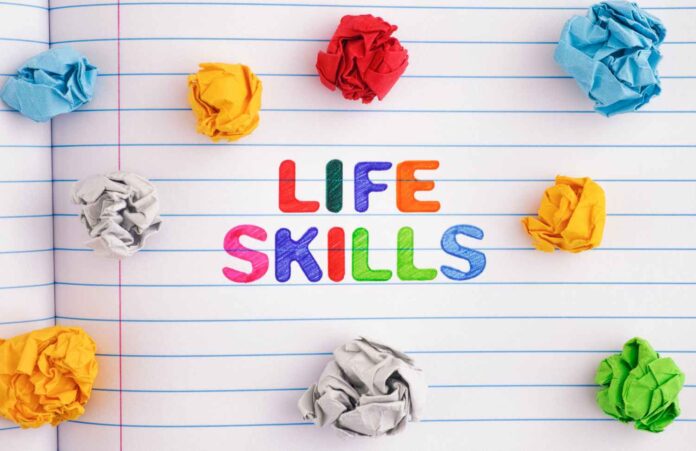In a concerted effort to promote holistic student development, stakeholders in the education sector are calling for the integration of Life Skills Education (LSE) at all levels of the education system. Recognizing the importance of equipping students with essential life skills, stakeholders emphasize the need for collaborative efforts between government agencies, educators, parents, and the community to ensure successful integration and improvement of life skills education in Kenya.
Quick Summary:
- Stakeholders advocate for the integration of Life Skills Education (LSE) into the curriculum to equip students with vital skills for personal and societal well-being.
- The Competency Based Curriculum (CBC) is praised for its emphasis on practical skills alongside academic knowledge, promoting a holistic approach to education.
- Challenges in the implementation of LSE persist, highlighting the need for collaborative efforts and improved teacher training.
Fostering Holistic Development:
Stakeholders affirm that life skills play a crucial role in shaping the holistic development of students, preparing them to navigate the challenges of everyday life effectively. By integrating life skills into the curriculum, educators aim to empower students with essential competencies such as decision-making, problem-solving, communication, and interpersonal skills.
Collaborative Approach:
Recognizing the multifaceted nature of implementing LSE, stakeholders stress the importance of collaboration between government agencies, educators, parents, and the community. Through joint efforts and partnerships, stakeholders aim to address challenges in the implementation of LSE and ensure its successful integration into the education system.
Empowering Teachers and Parents:
Stakeholders underscore the importance of equipping teachers and parents with the necessary skills and knowledge to effectively impart life skills education. Teacher training programs and parental empowerment initiatives are highlighted as crucial components in promoting student well-being and holistic development.
Potential Impact:
The integration of Life Skills Education into the curriculum holds significant potential for transformative impact:
- Enhanced Student Well-Being: By equipping students with essential life skills, the curriculum promotes overall well-being and prepares them for success in various aspects of life.
- Improved Teacher and Parental Engagement: Through training programs and empowerment initiatives, educators and parents are better equipped to support student development and foster a conducive learning environment.
- Promotion of Lifelong Learning: By instilling life skills from an early age, the curriculum promotes lifelong learning and empowers students to navigate future challenges with confidence and resilience.
